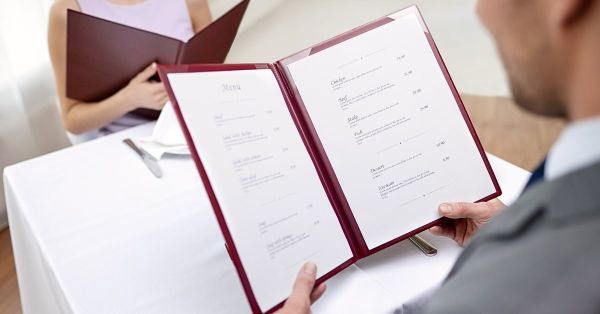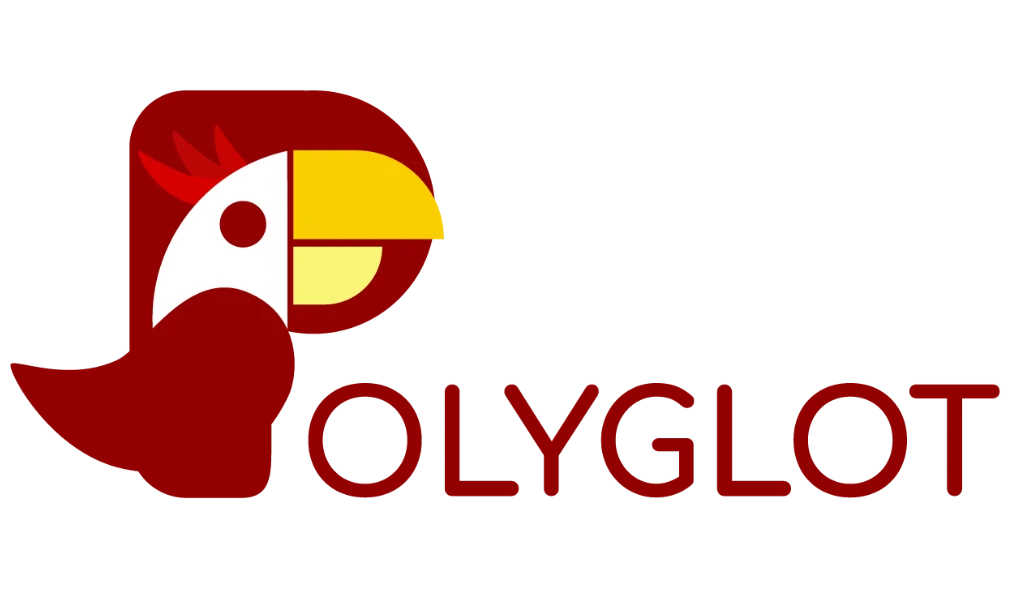There is no doubt that tourism is closely related to translation, as both of these fields are connected to foreign languages. To enhance the appeal of a place or an event, it may be essential to translate communication and information materials. Ideally in an appropriate and sophisticated way. Accurately and authentically translated materials play an important role in attracting tourist attention. It also helps our company, hotel and event to leave a positive impression on visitors.

Why is translation important in tourism?
People have always traveled to connect with other cultures, customs and of course foreign languages. As travelling becomes increasingly accessible, there is also a growing demand for quality offers available in multiple languages. While English is undeniably the most widely spoken language in the world, a multilingual touristic offer is an increasing advantage nowadays. Tourism is now one of the leading industries. Tourism companies, hotels and event organisers strive to make their offers as accessible as possible to a diverse range of tourists. Of course, this can be achieved most effectively through different materials. Like brochures, catalogues and leaflets translated into the visitors’ native languages.
Pitfalls of the tourist season
With the tourist season rapidly approaching and good weather on the horizon, our country receives a fair number of foreigners. During spring already many visitors are coming. In the summertime the festival season is what attracts most visitors. Obviously, the primary goal is to ensure that the visitors experience as many sights and attractions as possible. This could certainly not be achieved without the brochures, information interfaces or communication materials being produced on time in foreign languages. In order to help foreigners find their way around and choose their programmes. A poorly or inaccurately worded leaflet, poster or even museum brochure may not only be ridiculed by tourists, but it also has the potential to disappoint them. This might even result in a lack of future recommendations or positive feedback.
Therefore, it is advisable to prepare for the season in advance, to take stock of what you aim to communicate. Focusing on terms of content, scope, and what material you already have available. Rushing things at the last minute will certainly not reach the desired results! Inadequate translation of poorly assembled material, or providing limited information on communication platforms, prove to be a fatal mistake.
Once the most relevant aspects have been reviewed and the content to be conveyed towards the target audience (in this case, tourists visiting our country) has been chosen, the only thing left to do is engaging a translation agency with the appropriate background and experience. It is recommended to choose an agency that is familiar with tourism texts. Which is also equipped with an expert translator experienced in translating such materials.
Commonly chosen languages
Selecting the languages to have the material translated into is obviously crucial as well. Commonly chosen languages include English, German, French, Russian, Spanish and perhaps Italian. If people from a specific country notoriously enjoy visiting our destination, it is worth to include translations in their language as well.

What materials can be translated in the context of tourism?
It is probably well known that hotels, restaurants, travel agencies, various event centres, museums, festival organisers, tourist centres, tourism management companies are the main clients that request translations of their various information and communication materials. But what type of materials are we talking about? Here is a short, non-exhaustive list with some explanation regarding the types of tourism-related material that can be the subject of translation work:
Travel brochures
Translation of travel brochures is mostly requested by travel agencies, as it is crucial to provide accurate and correct information in these materials as well.
Tourism campaigns
It is also recommended to present tourism campaigns in multiple languages. This is mostly relevant for cities, tourist centres and regions seeking foreign promotion.
Travelouges
The translation of travelogues or travel reports, the presentation of experience reports in a foreign language can also be important, as they typically offer personal and more detailed descriptions of a country, city or region.
Tourism websites
The translation of tourism websites is of utmost importance, both to help travellers find these pages and to provide information in their native language.
Accommodation descriptions
Probably everyone considers it important to receive appropriate information regarding the accommodation of their choice. Therefore it is essential that the texts describing the accommodation are translated accurately and correctly.
Menus
Menu translation is perhaps the oldest tourism-related translation work, although seeing menus that have clearly not been translated by an expert translator is still common. Ensuring authentic translation is essential in such cases, as inadequate work can undermine the reputation of even the most exclusive restaurants

Press releases
Major tourism-related communication and programme announcements are made at press events. It is therefore worth translating the press material and press release related to the event into various languages.

It is clear that professional translation and translation services play a significant role in the tourism industry with growing demand for professional translation agencies across all tourism segments.






